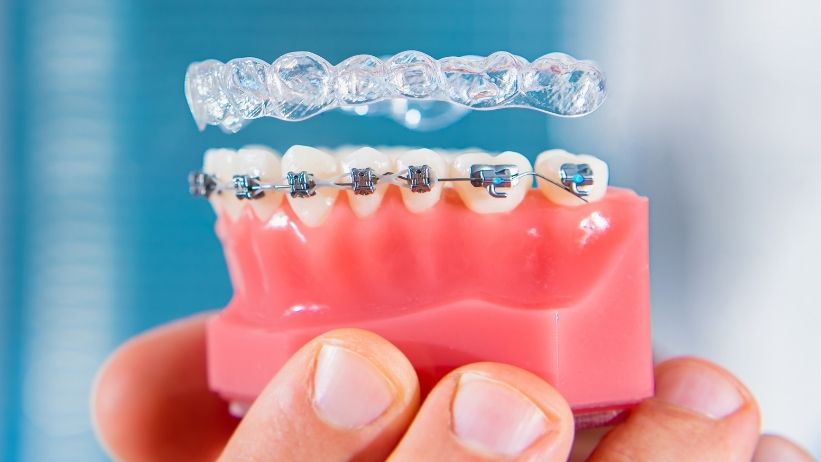The journal Frontiers in Psychology has published a study that suggests that jaw surgery can improve a person’s self-esteem and make changes to emotional objects and facial features more acceptable.
The study suggests that this change can improve cognitive function as well as the emotional properties of objects by transcending the physical attractiveness of facial appearance. These findings highlight the remarkable mental and emotional effects of facial surgery, which go beyond just physical health and aesthetic appeal.
For many years, correction of facial deformities due to jaw restructuring has been recognized as a major reason for improving quality of life, often referred to as orthodontia. This type of surgery enhances patients’ chewing and speaking abilities, as well as reducing psychological stress related to self-esteem. Nevertheless, studies have mainly focused on the effects of these procedures on physical health and general emotional functioning.
The effect of surgery on cognitive processes, such as self-perception and emotional reactions to external stimuli, has not yet been investigated. To address this, a study was conducted to investigate the effect of changes in facial features on self-perception and emotional responses.
According to Motoyasu Honma, junior associate professor at Showa University School of Medicine in Tokyo, the study examined the psychological benefits and drawbacks of altering jaw deformities through orthognathic surgery.
The study cohort consisted of 22 patients who had undergone orthognathic surgery and the control group consisted of 30 healthy, gender-matched patients.
Between September 2020 and June 2021, the surgery group consisted of patients who had undergone specific jaw surgery, including bilateral sagittal split osteotomy. All patients completed multiple rounds of assessment at different intervals: three months before surgery, one month after surgery, and one month after surgery.
In their assessment, participants rated their perception of their appearance and body using a visual acuity scale. They also reviewed 30 images, some of which were positive, negative or neutral, and rated the level of liking or repulsion with each image. The State-Trait Anxiety Inventory was used to measure anxiety and discomfort in specific situations, allowing researchers to study how emotional responses, self-evaluations and anxiety levels evolved over time.
After surgery, researchers found that there was a significant difference in the way patients viewed facial appearance compared to their perception of their own body image. As a result, the change in facial self-evaluations suggests that patients perceived it more positively rather than experiencing a change in self-image.
It was in addition to the increased empathy for emotional images that also changed the patient’s response to images of emotional content after the operation: “When viewing images of positive or negative emotional content, my experience is quite different from my previous observation, [what] can be explained without any implication that [the operation] did not affect emotional sensitivity as much as the usual analog, but rather affected emotional response more to material of predominantly emotional significance.”
According to Honma’s statement to PsyPost, negative images were viewed more negatively and positive images were viewed more positively.
Better self-ratings also showed better emotional response to positive and negative images of faces – a correlation was observed between better self-ratings and emotional sensitivity. This relationship suggests that as patients’ perception of appearance improved, so did their emotional sensitivity. However, this increased sensitivity was not associated with a reduction in anxiety. This suggests that the improved emotional response was more attributed to the benefit of the surgical intervention than to a reduction in stress.
According to Honma, the study showed that patients experienced improved cognitive function after facial correction. This may be the first result ever reported from plastic surgery, and it may also have implications for cosmetic industry products, including makeup.
The study provides valuable insight into cognitive and emotional function during facial surgery, but it has limitations due to its small sample size. Future studies can expand on these findings, and further research may reveal how orthognathic surgery may reduce broader psychological symptoms.
(2) Although this study focused on anxiety-related changes, Honma stressed the importance of investigating the possibility of other factors, such as PTSD and sleep disorders, and the need to investigate the effect of jaw joint correction on cognitive science indicators. The researcher noted that facial surgery has psychological benefits, but this is not a direct recommendation.


